Présents sur la fameuse compilation C86 qui contenait de très bonnes choses comme de très mauvaises, les McCarthy réussirent à tirer les marrons du feu et publièrent des albums qui feront aimer la guitare aux fans des The Coral. Malcolm Eden, chef de ce KGB musical tint la barre pendant trois albums (le dernier, Banking, Violence and the Inner Life Today fut publié en 1990 et enrichit le propos de belle manière) et prêcha la bonne parole de Karl Marx. Bref, ces gens étaient parfaits. Ils avaient déjà séduit tous les gens de bon goût en publiant un single parfait (Red Sleeping Beauty et ses excellentes faces B en 1986), ils achevèrent de les convaincre en 1987.
September
Comment avez-vous rencontré l’équipe du label September ?
Malcolm Eden : En 1985, nous avons enregistré la chanson In Purgatory et nous avons pressé quelques centaines de vinyles. Nous avons envoyé un exemplaire à tous les labels indépendants. Le seul retour positif que nous ayons eu est venu du label Pink. Nous avons enregistré I Am A Wallet avec ceux. Pink avait été monté par deux hommes d’affaire, Paul et Simon. A un moment, Paul a partir et a monté le label September. Nous sommes partis avec lui et cela a duré un bon moment.
Comment s’est déroulé l’enregistrement de cet album ? Ce fut long ?
John Williamson : Cela ne nous a pas pris plus d’une semaine ?
Malcolm Eden : Oui cela nous a pris une semaine ou une dizaine de jours. Pas plus. Si je me souviens bien tout s’est bien passé. L’atmosphère dans le studio était bonne et tout le monde allait bien. Je me rappelle qu’il n’y a eu aucun désagrément. C’était évidemment très ennuyeux au début car à cette époque il fallait régler le son de la batterie. Donc Gary a tapé sur sa caisse claire pendant un moment qui nous a semblé être des heures pour que l’ingénieur fasse des changements imperceptibles sur sa console.
McCarthy, groupe Capital
Pourquoi avoir appelé ce disque I Am A Wallet ?
Malcolme Eden : De nombreuses chansons évoquent l’argent et l’impact des questions économiques sur notre comportement. Évidemment, beaucoup de nos décisions et de nos comportements sont contraints par l’argent, dans la mesure où vous ne pouvez pas vraiment parler de liberté pour les personnes ayant des difficultés financières. C’est comme si nos vies sont dictées par l’argent, de sorte que nous ne sommes plus complètement autonomes. Tout cela est issu de bon vieux Karl Marx : « En fait, le royaume de la liberté commence seulement là où l’on cesse de travailler par nécessité et opportunité imposée de l’extérieur. » D’où le titre de l’album.
Quel est votre meilleur souvenir de l’enregistrement ?
John Williamson : Je me rappelle me promener dans le quartier de Bow (Londres).
Où avez-vous enregistré I Am A Wallet ?
John Williamson : Dans les studios Scarf qui se situent dans le quartier Bow, à l’Est de Londres.
Malcolm Eden : C’était en haut de la rue de la station Miles End si ma mémoire ne me joue pas des tours.
Nigel Palmer
Comment avez-vous rencontré Nigel Palmer, le producteur de l’album ?
John Williamson : Nigel “Chopper” Palmer travaillait aux studios Scarf. Je pense qu’il avait travaillé avec les The Wolfhounds (qui étaient sur le label Pink). Sur ce disque, la contribution de Nigel a été très importante. Il est même l’auteur de certaines trouvailles comme le solo et le break de Way Of The World. Mais je peux me tromper.
Malcolm Eden : Je ne peux pas m’en rappeler car ma mémoire est en train de diminuer rapidement. Dans tous les cas, il nous a beaucoup aidé. Je pense qu’il a eu encore plus d’influence sur les singles Should the Bible Be Banned et This Nelson Rockfeller que nous avons enregistré après I Am a Wallet.
McCarthy – Should the Bible Be Banned
Comment avez-vous développé votre son ? Vous étiez des grands amoureux de la guitare.
Malcolm Eden : Comme beaucoup de groupes, nous avons commencé en copiant les groupes que nous aimions. Puis nous avons bâti nos chansons et notre propre son. Quand nous avons commencé, nous faisions pas mal de reprises de post punk ou des premiers signatures de Rough Trade. Ce genre de choses. Nous avons repris pas mal de chansons des Buzzcocks. Tout cela faisait la part belle à la guitare. Pour I Am A Wallet, à part de rares occasions où on peut entendre du violon, les chansons sonnent telles qu’elles sonnaient en live. La plupart des chansons sont jouées par Tim à la guitare lead, moi à la guitare rythmique, John et sa basse mélodieuse et Gary (qui était le meilleur musicien du groupe) qui se battait avec sa batterie dans son coin et moi qui déversait ma propagande communiste.
McCarthy – I Am a Wallet
I Am A Wallet des McCarthy a fait l’objet d’une belle réédition CD par le label Cherry Red Records. Cet album a aussi été réédité en 2015 en vinyle par le label Optic Nerve Recordings.
- An MP Speaks
- Monetaries
- The International Narcotics Traffic
- The Way Of The World
- Antinature
- Charles Windsor
- The Vision Of Peregrine Worsthorne
- The Well Of Loneliness
- The Wicked Palace
- Revolution
- God Made The Virus
- The Funeral
- A Child Soon In Chains
- In The Dark Times
- The Procession Of Popular Capitalism

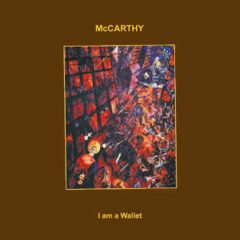
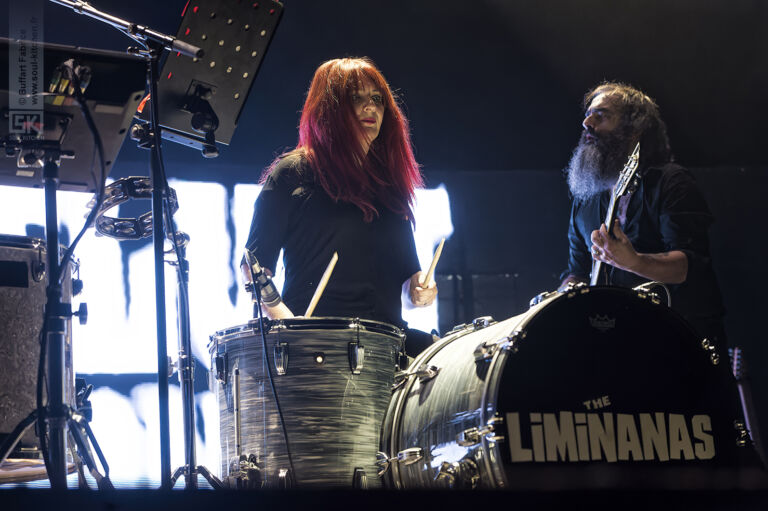

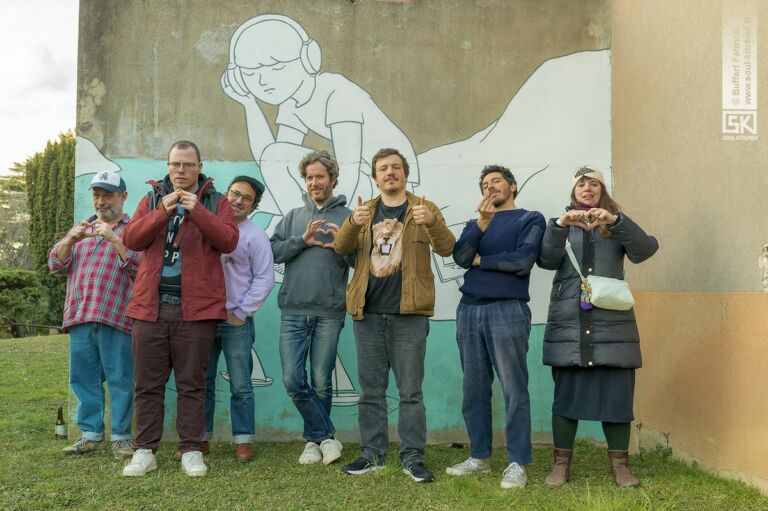
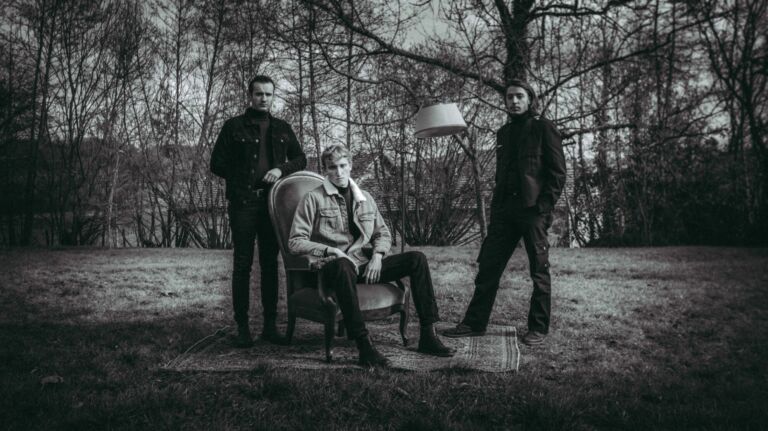


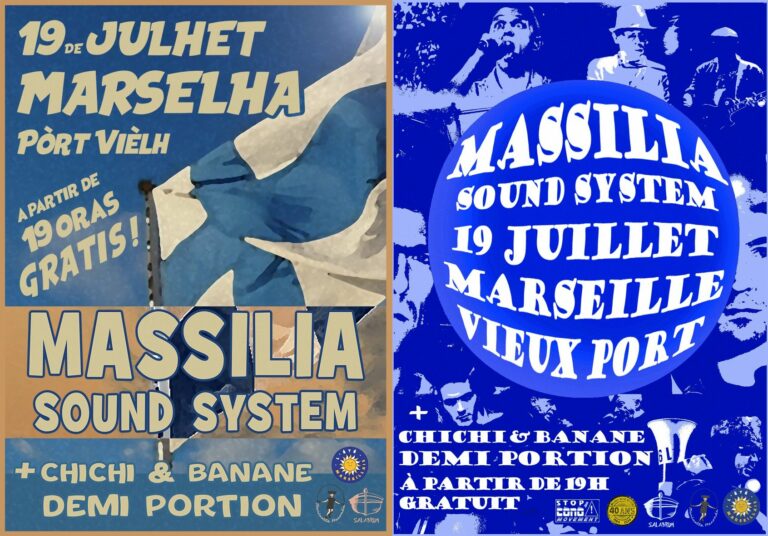
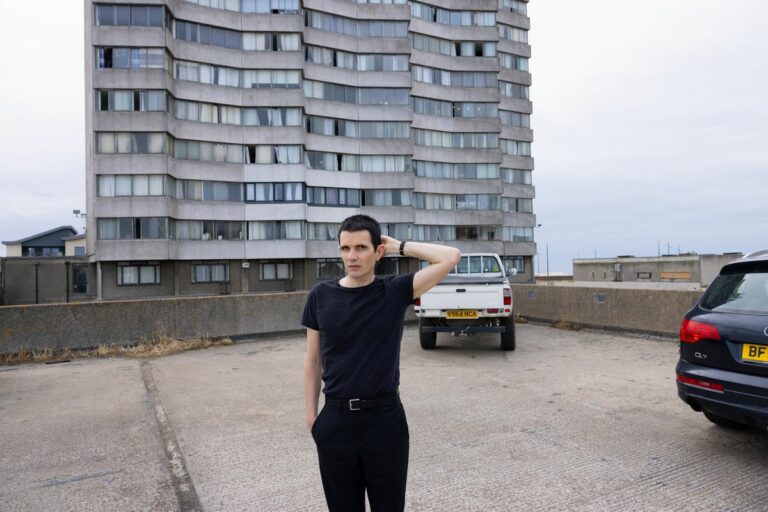
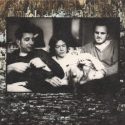 Arnold & Saxby
Arnold & Saxby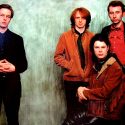 [1987 – 2017] L’arc-en-ciel Weather Prophets
[1987 – 2017] L’arc-en-ciel Weather Prophets
How did you meet the team of label September ?
Malcolm : In 1985 we recorded a song called “In Purgatory”, pressed a couple of hundred copies, and then sent one to all the indie record labels we could think of. The only positive reply we got was from the Pink label, and we recorded I Am A Wallet with them. Pink was run by two fellows called Paul and Simon, and at one point Paul decided to go it alone and set up the September label, so we carried on with him for a while.
How easy was the recording process ? How long did it take you ?
John : I reckon no more than a week or so?
Malcolm : Yes, a week or ten days, on and off. It went pretty well, as far as I remember. The atmosphere in the studio was pretty good, everyone got on well. No major disasters I can recall. It was of course very dull in the beginning, because at that time the first thing you did was to get the drum sound, so Gary tapped away on the snare drum for what seemed like hours, while the engineer made imperceptible changes to his control desk.
What’s the reason behind the album title ‘I am A Wallet’ ?
Malcolm : A lot of the songs were about the influence of money, of financial considerations on our behaviour. Many of our decisions and orientations in life are obviously constrained by money. To the extent that you can’t really speak about freedom for people with financial difficulties. It’s as if our lives are being dictated to by money, so that we are no longer completely autonomous. This ultimately, of course, comes from old Karl Marx:
“The realm of freedom actually begins only where labour which is determined by necessity and mundane considerations ceases.”
Hence the title of the album.
What’s your best memory about this recording process ?
John : I remember hanging around Bow (in East London) a bit, and possibly had lots of chips. That is honestly the best I can do, to say it’s hazy is an understatement, plus most of the time you do just sit there listening to drums being set up.
Where did you record I Am A Wallet ?
John : Scarf Studios in Bow, East London.
Malcolm : It was just up the road from Mile End station, if my memory serves me well.
How did you meet Nigel Palmer ?
John : Nigel “Chopper” Palmer worked at Scarf. I think Pink and/or The Wolfhounds (who were also on the Pink label) had already recorded there. Nigel made a big overall contribution, I think he even helped work out some musical stuff (like a bit of ‘Way Of The World’?? A guitar solo/break, I may be wrong of course).
Malcolm : I can’t remember that, but then my memory is dwindling fast. In any case, we felt very much at ease with Nigel, and he was always very helpful. I think he had an even greater influence on the singles, “Should the Bible Be Banned” and “This Nelson Rockefeller”, which we recorded after I Am A Wallet.
How did you find you sound ? You were a lover of guitar sound…
Malcolm : Like most groups, we started off just copying the groups we liked, and our own songs and sound developed out of that. When we began, we covered a lot of post-punk music, the very early Rough Trade releases, things like that. We also covered a lot of Buzzcocks songs. All this music was obviously guitar-based. For I Am A Wallet, apart from the occasional bit of violin, the songs were exactly as we played them live, so there’s Tim mostly playing lead guitar and me playing rhythm guitar and John playing a tuneful bass, with Gary (who was the best musician in the group) fighting his corner on the drums, and me spouting my commie propaganda on top.